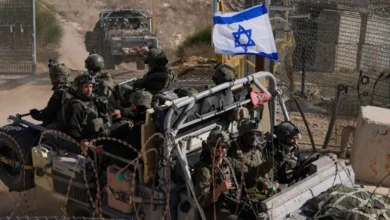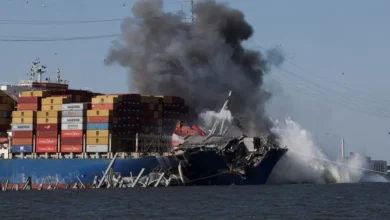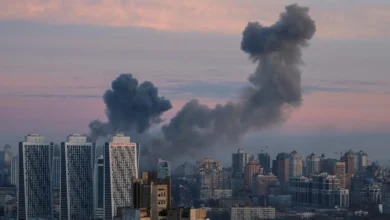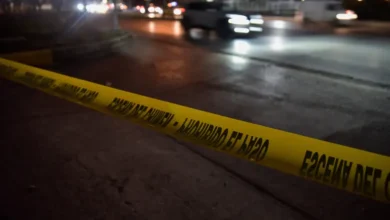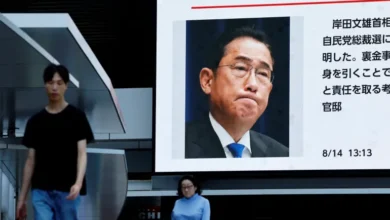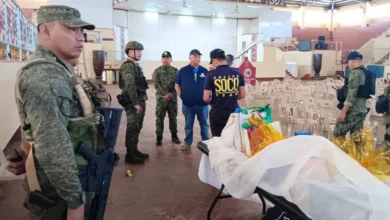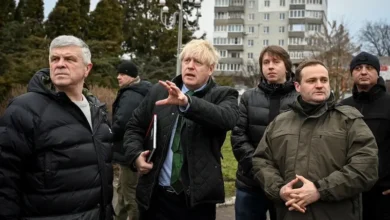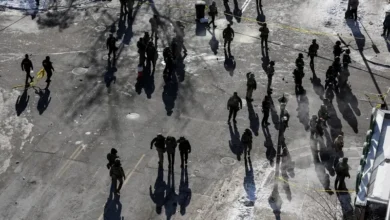Nearly 200 people dead: What’s behind armed attacks in Burkina Faso?
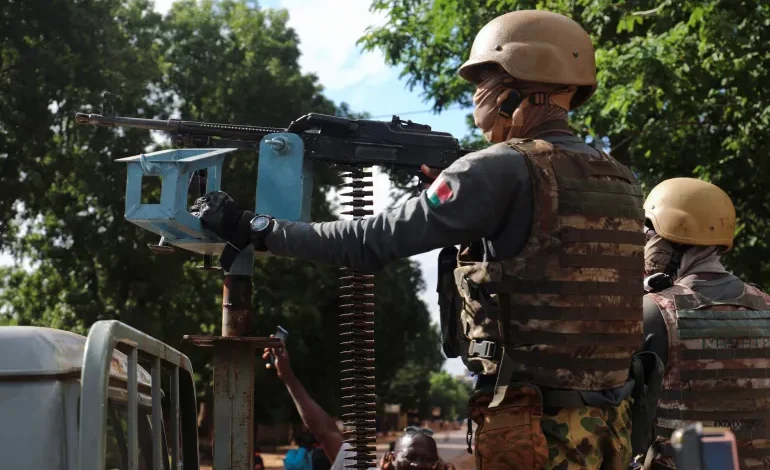
Around 200 people have been killed and 140 injured in the Burkinabe town of Barsalogho, the latest in a long line of deadly attacks by an al-Qaeda-linked armed group, Jama’at Nusrat al-Islam wal-Muslimin (JNIM).
Women and children were among those killed on Saturday. Barsalogho lies near the town of Kaya, a strategic point in north-central Burkina Faso that houses the last standing military force between JNIM fighters and the capital, Ouagadougou. Several soldiers are missing after the attack, which was carried out as JNIM continues to advance and seize swaths of territory in the troubled West African country.
Here’s what you need to know about the attacks in Burkina Faso, JNIM, and how the ruling military government has fared in fighting the group.
What happened on Saturday?
By Friday, Burkina Faso’s military government was aware of the probability of an impending attack, according to Al Jazeera correspondent Nicolas Haque. Authorities then called on the general population to assist the military in digging trenches meant to serve as a protective barrier and stop the invading fighters from entering the town.
According to local news reports, some people had initially opposed the action, fearful of reprisal attacks by armed groups. It is common for civilians to be attacked by either armed groups or the military if they are perceived to be helping the opposing side.
Nevertheless, the trench-digging began on Saturday and appeared to still be in progress when the fighters descended and opened fire.
In several videos posted on social media sites by JNIM fighters, scores of bodies, which appeared to be of mostly young men, were lying in the trenches. Alongside them were shovels.
The fighters reportedly seized weapons and a military ambulance, according to local reports.
Scores of injured people were taken to the Regional Hospital of Kaya. Hospital authorities called on doctors, nurses and other health workers to volunteer to treat the injured.
Communications Minister Rimtalba Jean Emmanuel Ouedraogo called the attack “barbaric”.
